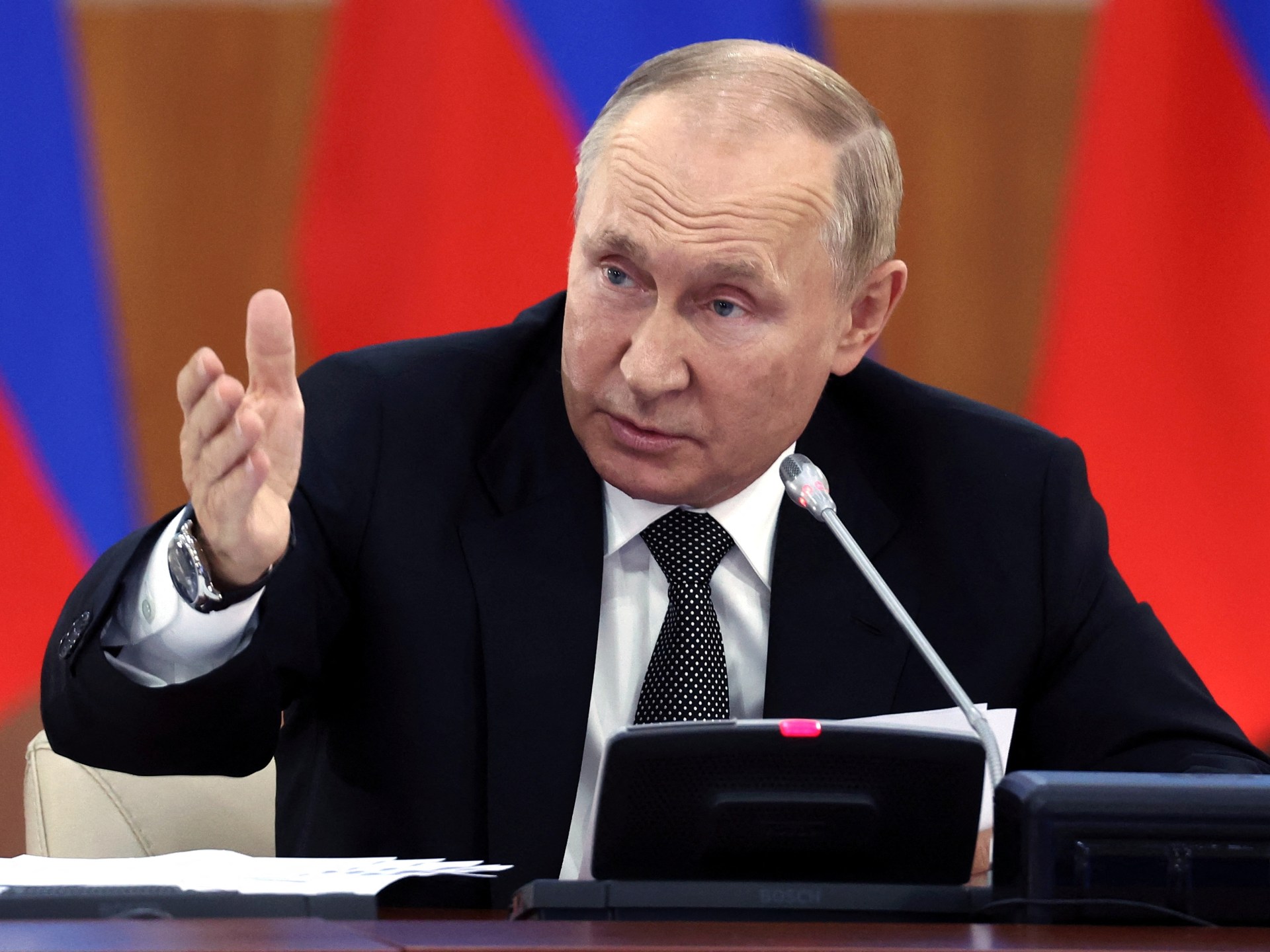Ostensibly, Russia's war in Ukraine has seriously affected the Kremlin's massive propaganda machine.
Virtually overnight, Moscow's long-running influence campaign in the West faltered, as European governments tightened controls on Russian disinformation, banned state outlets such as Russia Today and Sputnik from broadcasting, and implemented an array of restrictions to limit the reach of Moscow's malign influence. .
In this context, Ilan Berman, senior vice president of the American Foreign Policy Council in Washington, confirms that some of these setbacks are the result of self-messaging wounds, and Russian officials may have expected that their arguments about the need to "discredit" a country with a Jewish president would be met with widespread cynicism.
Likewise, Russian arguments about satanic practices in Ukraine have failed, as have US-sponsored biological laboratories there.
However, Berman says - in his Newsweek article - that the current victory among many in the West regarding the decline of Russian disinformation is somewhat premature, because while Russian propaganda outlets are now having a harder time reaching European countries, only They continue to make significant gains in strengthening the Kremlin's position, and eroding the West's position throughout the developing world.
While Russian propaganda outlets are now having a harder time reaching European countries, they are still making significant gains in strengthening the Kremlin's position.
He gave the example of Latin America, where Russia has built a massive messaging system that experts say is among the most influential in the region.
Russian propaganda outlets in Africa also played a role in local fears of economic hardship and food insecurity. A report last summer accused a center affiliated with the Russian Foreign Ministry and its proxies of carrying out a "massive disinformation campaign" to shift blame for rising global food and energy prices to the West.
Berman added that the differences are even more pronounced in Africa, where a recent Gallup survey of audiences in 27 African countries showed that 42% of respondents had positive views of Russia in general and President Vladimir Putin in particular, while 27% either did not know or They simply refused to answer the question.
He concluded that while the persuasive power of Russian propaganda may be waning in the West, there are other parts of the world that are far from exhausted.

